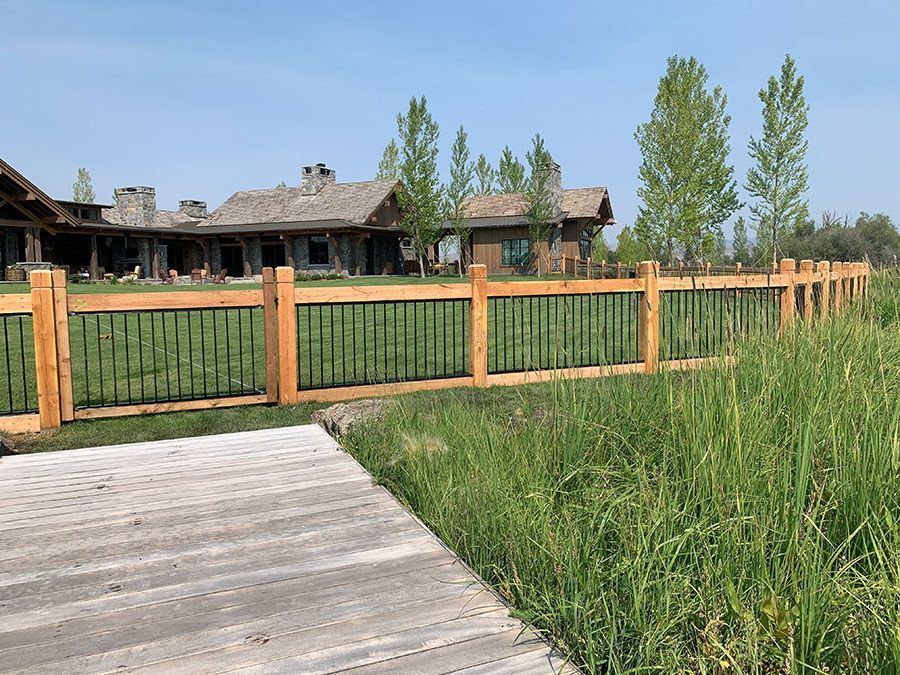Choosing the right fencing for your property can be challenging. Let’s break down the differences between continuous panel fencing and traditional options to help you decide.
Comparison of Materials and Costs
When considering fencing, the materials you select will influence both the cost and overall effectiveness:
- Continuous Panel Fencing: Made from welded steel, this type of fencing is built for long-term strength and resilience. Though the upfront cost can be more, it saves money in maintenance down the road.
- Traditional Fencing: Traditional options such as wood, vinyl, or barbed wire tend to be less expensive initially, but ongoing maintenance can make them pricier in the long run.
Maintenance and Durability Factors
Considering long-term durability and maintenance, here's how the two types of fencing measure up:
- Continuous Panel Fencing: Built for strength, these panels resist damage from livestock and harsh weather conditions. Maintenance is minimal, usually limited to occasional cleaning or rust prevention.
- Traditional Fencing: Wooden fences can rot due to weather, while barbed wire and vinyl may degrade. Regular maintenance is required to keep traditional fences functional and visually appealing.

Appearance Comparison
How your fence looks can impact your property’s aesthetic:
- Continuous Panel Fencing: With its clean and modern appearance, continuous panel fencing is suitable for both residential and farm settings, and can be tailored with different finishes and accessories.
- Traditional Fencing: Wood and vinyl fences evoke a traditional, rustic style, while barbed wire is more utilitarian in appearance.
Best Applications for Each Fencing Type
The purpose of your fence will dictate which type is most suitable:
- Continuous Panel Fencing: Ideal for livestock containment, property boundaries, and high-traffic areas where durability is critical.
- Traditional Fencing: A good choice for smaller spaces, decorative uses, or situations where cost is a concern.
Final Thoughts: Which Fence is Best for You?
When choosing between continuous panel fencing and traditional fencing, consider your priorities:
- For long-term durability and low maintenance, continuous panel fencing is the obvious choice.
- For a more budget-friendly or decorative option, traditional fencing could be the more cost-effective and decorative solution.
Evaluate your budget, property requirements, and style preferences to make the most suitable choice.